News
-
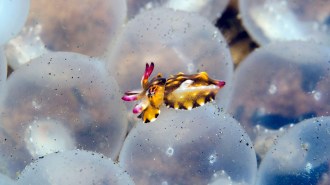 Animals
AnimalsFlamboyant cuttlefish save their bright patterns for flirting, fighting and fleeing
A new field study of flamboyant cuttlefish shows they don’t always live up to their reputation.
-
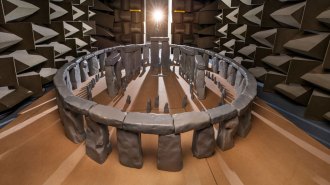 Archaeology
ArchaeologyStonehenge enhanced sounds like voices or music for people inside the monument
Scientists created a scale model one-twelfth the size of the ancient stone circle to study its acoustics.
By Bruce Bower -
 Health & Medicine
Health & MedicineNew coronavirus tests promise to be faster, cheaper and easier
Researchers are developing a smorgasbord of tests to detect RNA and proteins from the virus that causes COVID-19.
By Jack J. Lee -
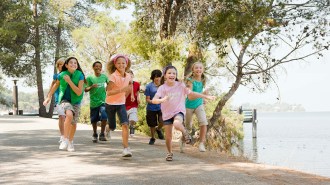 Health & Medicine
Health & MedicineHow four summer camps in Maine prevented COVID-19 outbreaks
More than 1,000 kids and staff members from all over the country attended the camps, but only three people ended up testing positive for the virus.
-
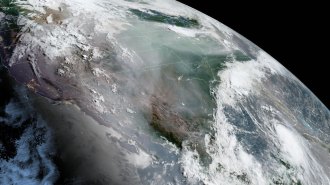 Earth
EarthWhat’s behind August 2020’s extreme weather? Climate change and bad luck
On top of a pandemic, the United States is having an epic weather year — a combination of bad luck and a stage set by a warming climate.
-
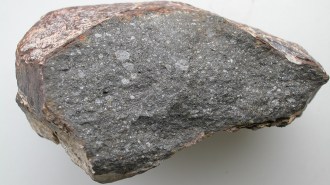 Planetary Science
Planetary ScienceEarth’s building blocks may have had far more water than previously thought
Space rocks and dust from the inner solar system could have delivered enough water to account for all the H2O in the planet’s mantle.
-
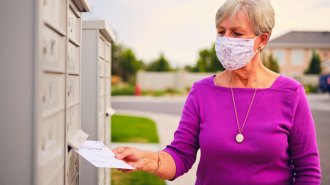 Science & Society
Science & SocietyMandatory mail-in voting hurts neither Democratic nor Republican candidates
A new study suggests that requiring people to cast mail-in ballots actually leads to a slightly increased turnout for both political parties.
By Sujata Gupta -
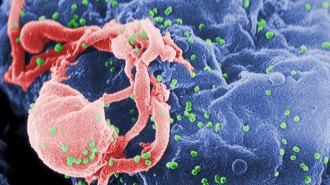 Health & Medicine
Health & MedicineIn a first, a person’s immune system fought HIV — and won
Some rare people may purge most HIV from their bodies, leaving only broken copies of the virus or copies locked in molecular prisons, from which there is no escape.
-
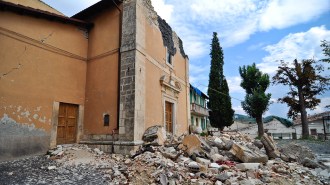 Earth
EarthCarbon dioxide from Earth’s mantle may trigger some Italian earthquakes
In the central Apennines of Italy, spikes in natural carbon dioxide emissions line up with the biggest earthquakes.
-
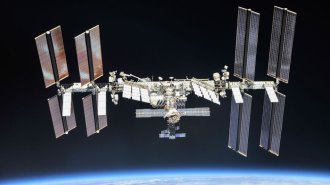 Microbes
MicrobesIf bacteria band together, they can survive for years in space
Tiny clumps of bacteria can survive at least three years in outer space, raising the prospect of interplanetary travel by microbial life.
-
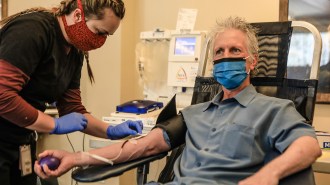 Health & Medicine
Health & MedicineCOVID-19 plasma treatments may be safe, but we don’t know if they work
Blood plasma from COVID-19 survivors can be used to treat hospitalized patients, FDA says, but researchers question how well it works.
By Jonathan Lambert and Tina Hesman Saey -
 Health & Medicine
Health & MedicineWhat we can learn from how a doctor’s race can affect Black newborns’ survival
When Black physicians attended Black newborns after a hospital birth, it reduced the mortality gap between Black and white babies.